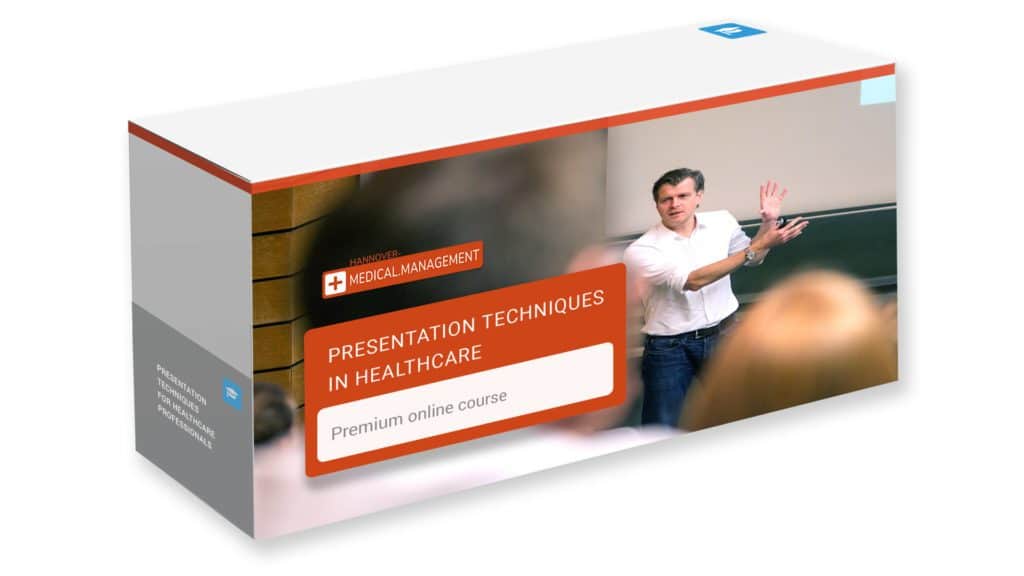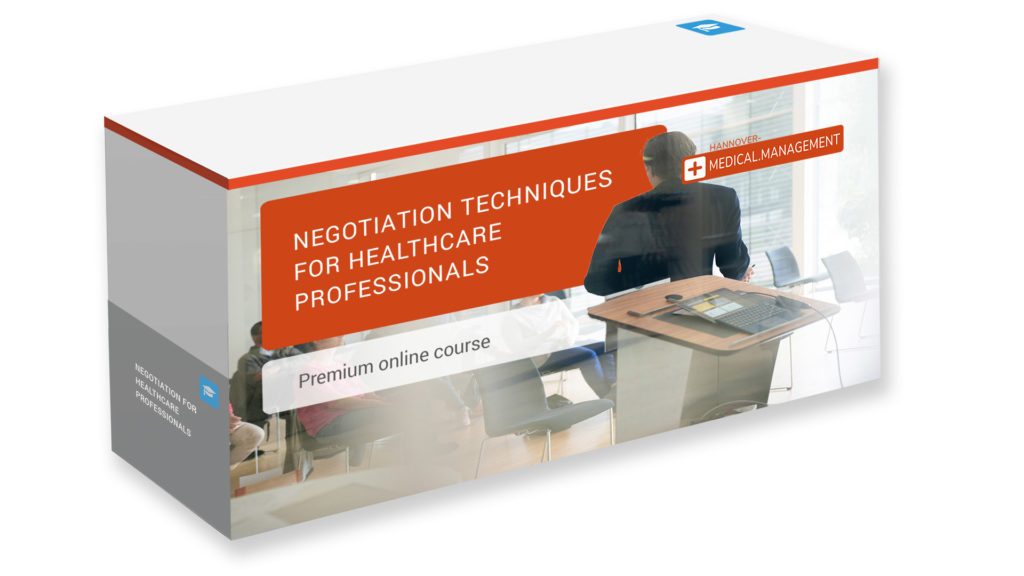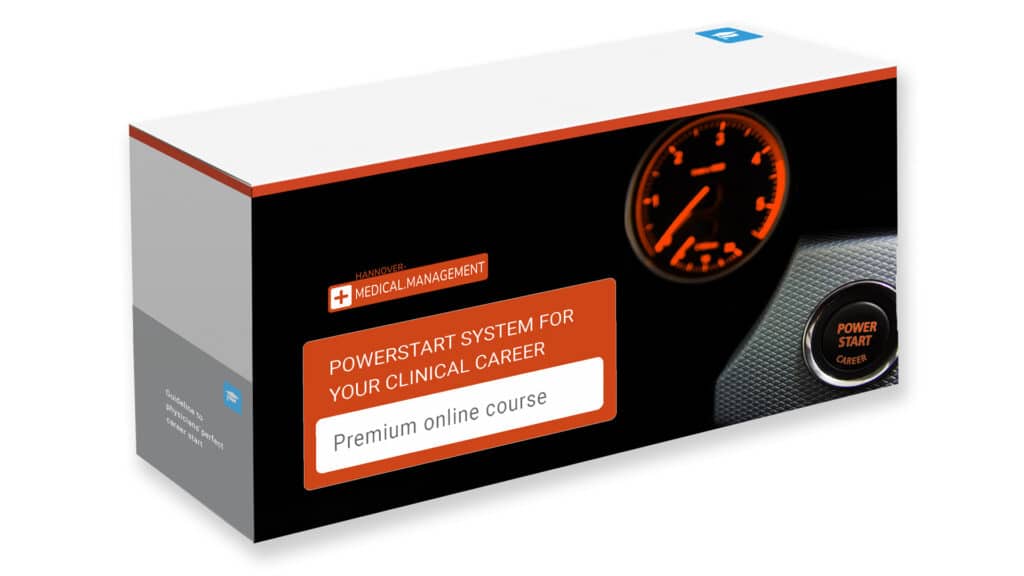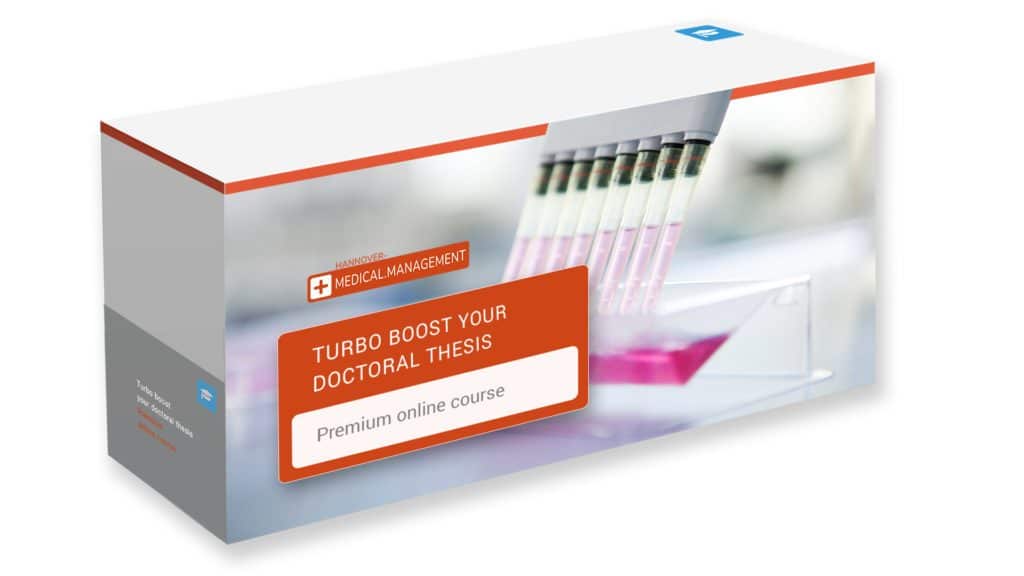Success in hospitals? Responsibility for the people!
Success in healthcare is usually defined as the quality of diagnosis and treatment. Good medical outcomes is certainly the top priority of all hospitals. Besides, hospitals also have a huge responsibility for their employees.
Career coaching in hospitals?
Unfortunately, physicians, nurses, and hospital managers are often left alone with their professional career even in otherwise highly successful hospitals.
How to shape your career systematically?
Healthcare professionals often struggle to systematically shape their own path in the non-stop demanding healthcare environment sometimes due to the lack of an experienced mentor.
- In the personal skills courses, you, first, will be supported to find a position that fits your individual character, skills, and ambitions.
- Second, efficient tips and habits to master the stressful clinical tasks considering your personal focus will be provided.
- Third, you learn how to increase your reputation, which has a positive impact on your career.
- And last but not least, a strategic planning of your career and a systematic approach how to reach the next steps on your career ladder will accomplish this course.
Improving the life of healthcare professionals
Effective leadership and systemized personal development will eventually lead to daily performance improvements in hospitals. This is for the benefit of the hospital and the patients.
But, a continous personal development has also significantly positive effects on your career and, at least equally important, on your well-being on the job and in your private life.
Have you ever noticed that you became more self-confident both in your professional and your private life with a plethora of further positive consequences by increasing your knowledge, broadening your skills, or sharpening your competencies?
But, a continous personal development has also significantly positive effects on your career and, at least equally important, on your well-being on the job and in your private life.
Have you ever noticed that you became more self-confident both in your professional and your private life with a plethora of further positive consequences by increasing your knowledge, broadening your skills, or sharpening your competencies?
Healthcare professionals should master the art of effective and compelling communication. This course introduces you to basic techniques for a goal-oriented structure of a presentation, an easy to use rhetoric arsenal and recommendations for an effective use of body language.
A successful career in the healthcare sector relies on good medical expert knowledge, of course, but also on a stable inter-professional network, and, not least, on successful daily negotiations in the hospital.
We introduce you to basic terms of the art of negotiation according to the principles of the world`s renowned and top negotiation experts, which we combined with our long-term experience in hospital management.
We introduce you to basic terms of the art of negotiation according to the principles of the world`s renowned and top negotiation experts, which we combined with our long-term experience in hospital management.
Medical studies well prepare the students for future medical questions and tasks.
However, a successful career not only depends on medical expert knowledge and skills, but on vocational positioning and strategy, professional communication, and healthcare-specific diplomatic competencies.
However, a successful career not only depends on medical expert knowledge and skills, but on vocational positioning and strategy, professional communication, and healthcare-specific diplomatic competencies.
A step-by-step guideline on lean project management, goal-oriented mindset, and efficient use of technology.
The course aims to improve the probability of your project`s success and save a significant amount of time (up to 2 months of net working time) when working on your thesis.
The course aims to improve the probability of your project`s success and save a significant amount of time (up to 2 months of net working time) when working on your thesis.




